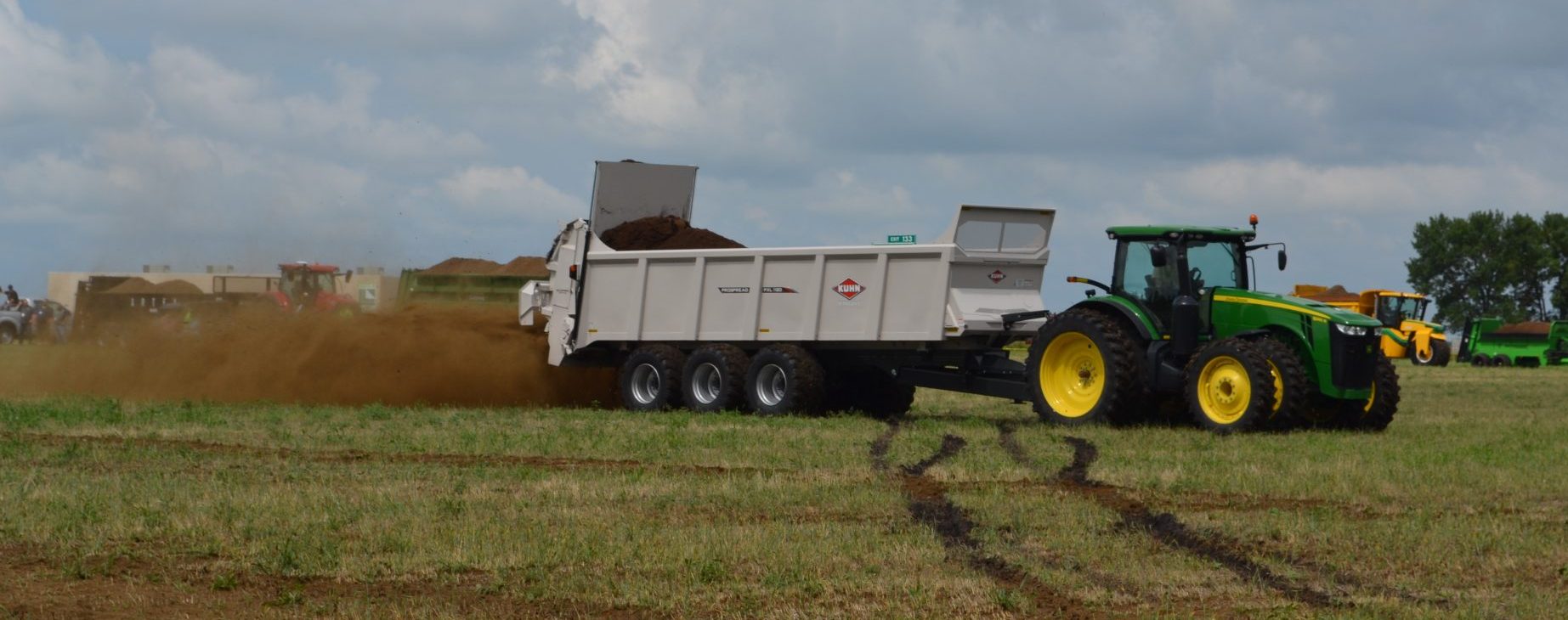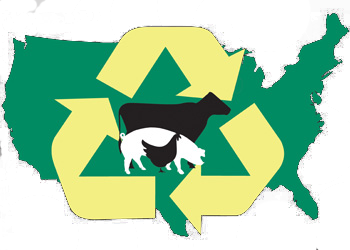PEDv and Manure Application: Managing the Risk A Survey of Current Practices
John Carney, Manitoba Livestock Manure Management Initiative andKevin Erb, University of Wisconsin – Extension
The Manitoba Livestock Manure Management Initiative (MLMMI) in collaboration with the University of Wisconsin – Extension undertook a survey of commercial manure applicators in the Midwestern US, Manitoba, Ontario and Alberta during the summer of 2014 to:
- Ascertain how manure application practices, equipment, staff training and communication have changed as a result of the Porcine Epidemic Diarrhea Virus (PEDv)
- Determine the largest PEDv related challenges that manure applicators are currently facing
- Learn what approaches or solutions that manure applicators have used in dealing with PEDv, what has worked particularly well (best management practices)
The appearance of PEDv in North America presents significant challenges for manure applicators. Since the virus is primarily spread by fecal-oral contact and can survive in manure for extended periods of time, it is possible for the disease to be spread by any object that becomes contaminated with infected pig manure. PEDv poses no threat to either human health or the health of other livestock species
This report is based on the results of a survey of commercial manure applicators that was undertaken in conjunction with the North American Manure Expo (see Appendix 1). A total of 47 commercial applicators participated in the survey who service hog farms in 15 states and provinces.
The survey was largely based upon the following Manure Applicator Protocol issued by the National Pork Board and American Association of Swine Vets which can be accessed at this link. https://library.pork.org/media/?mediaId=41A7CFB3-8856-4DE7-82216ADAF811B745#
Additional questions were surveyed regarding the overall impact of PEDv on manure applicators businesses.
Key Findings
In response to our questions about how manure application has changed as a result of PEDv, we learned the following:
- While bio-security has always been an important consideration for commercial manure applicators serving swine operations, the risks associated with the PEDv have dramatically increased the focus. In terms of the percentage of respondents reporting or planning changes:
- 96% of respondents have either changed (81%) or are in the process of changing (15%) their procedures/practices (this includes bio-security protocols).
- 81% of respondents reported that they have either completed (70%) or are in the process of completing (11%) staff training related to PEDv.
- The National Pork Board protocol emphasized the importance of communication. This emphasis is well placed.
- 94% of respondents report greater communications are occurring (85%) or expect that increased communications will be occurring within the next few months (9%) between the applicator and the farm owner/manager.
- While 34% of commercial manure applicators have made new equipment purchases specifically designed for PEDv bio-security and another 23% are planning purchases, ‘new equipment purchases’ was the area identified as the hardest area of change.

